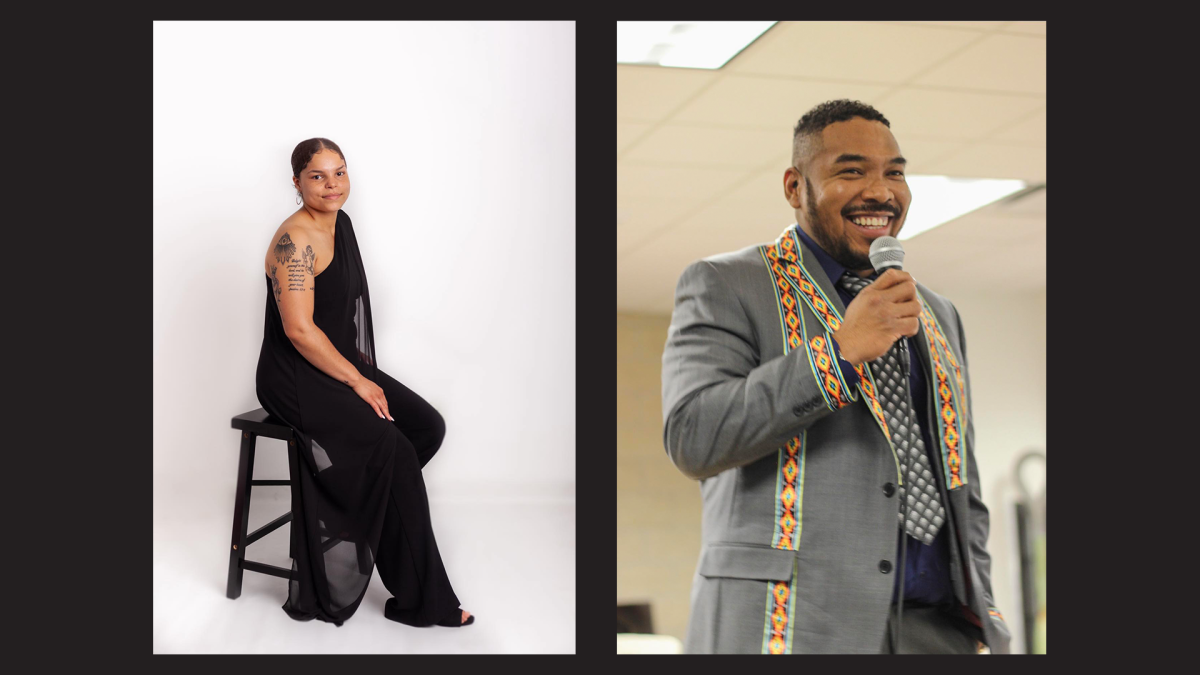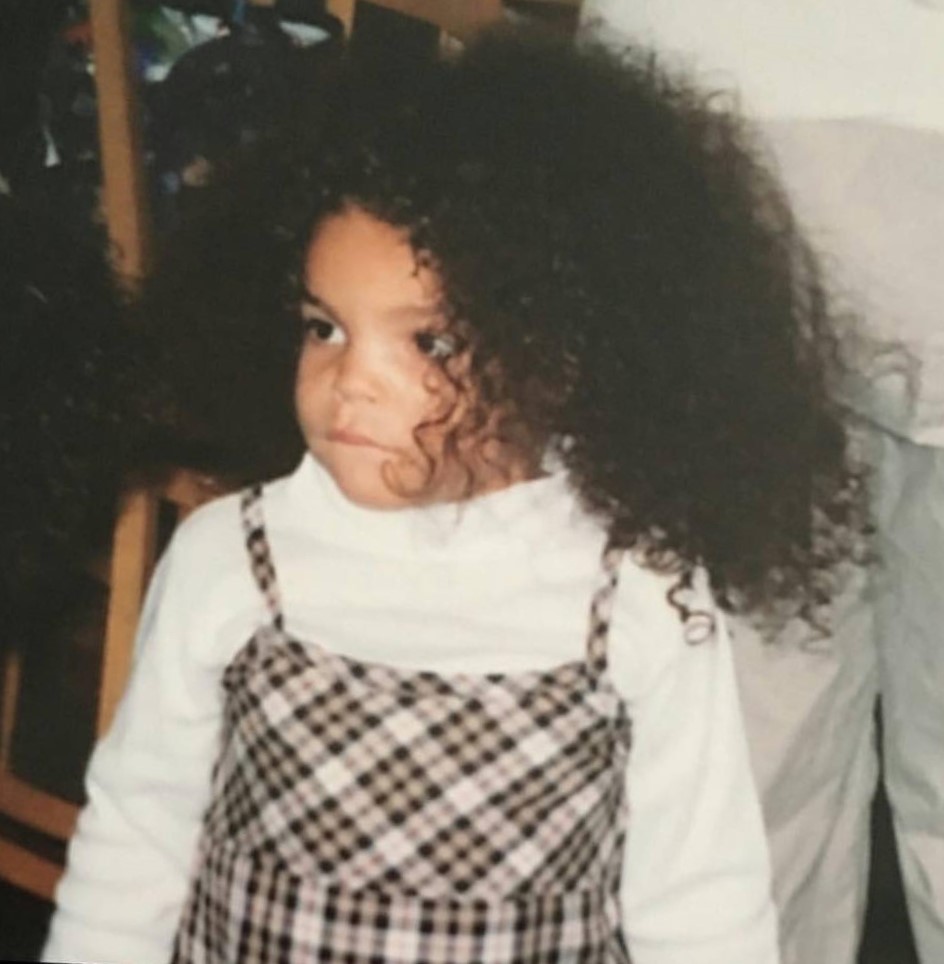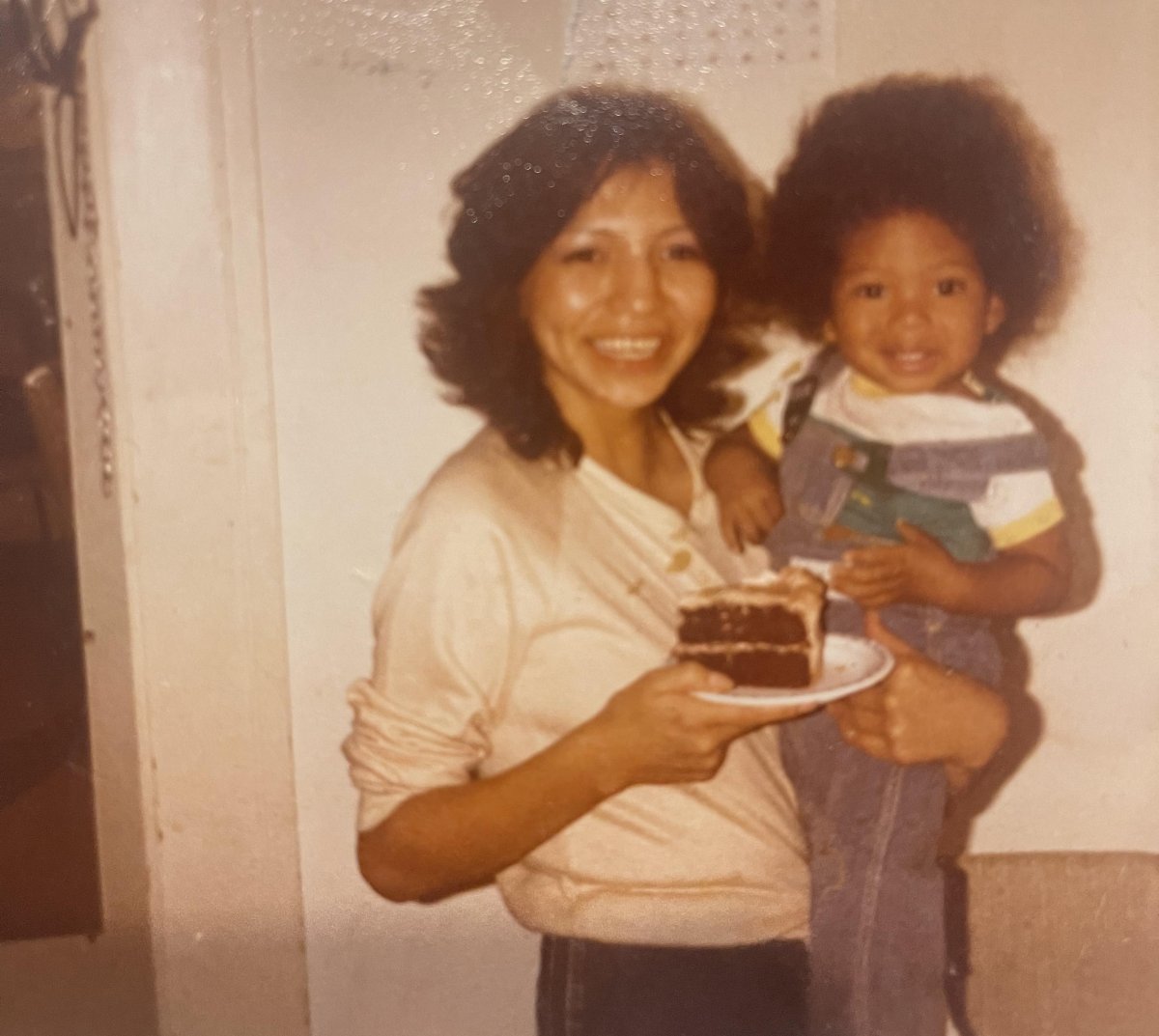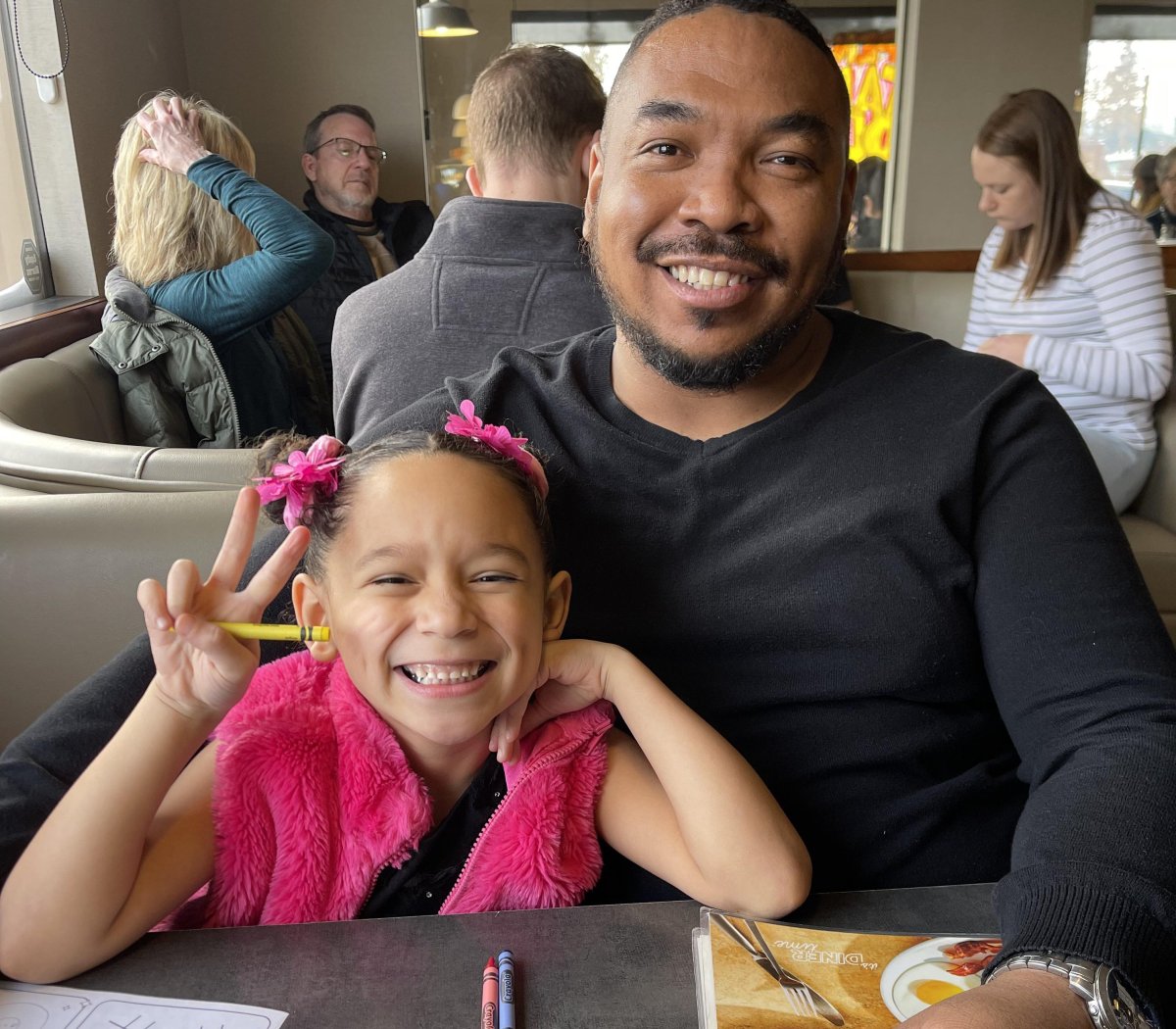February is a monumental month for Echo Desjarlais, who proudly identifies as Afro-Indigenous. It’s an opportunity for her to learn more about her African history but also to participate in Indigenous Storytelling Month.

“I love that I have two different cultures to kind of engage with, and it’s exciting,” she said.
Desjarlais grew up in Regina, but her Indigenous side of the family originates from Piapot First Nation, 45 kilometres northeast of Regina. Desjarlais was raised to attend Indigenous ceremonies with her late grandma (kokum) and even competed in the North American Indigenous Games (NAIG).
She grew up not knowing a lot about her father’s side, which is from the Congolese area of Africa.
“My African identity is there, but it’s not something that I’m fluent in and understand enough fully,” she said. “When I used to visit my father, he used to talk about the slave trade… and how Indigenous and African folks came together.”
- RCMP arrests alleged hitmen accused of killing B.C. Sikh leader
- Fall COVID-19 vaccine guidelines are out. Here’s what NACI recommends
- Some 2019 candidates ‘appeared willing’ to engage with foreign interference: Hogue inquiry
- Thousands of Canada’s rail workers have a strike mandate. What happens now?
But over the years, Desjarlais began to struggle with her identity.
“I feel like I sit at this intersection between being African and being Indigenous and trying to understand, ‘Am I fitting in more on the African side? Am I fitting in more on the Indigenous side?'” she said. “One of the biggest things is colourism… I’m more than light skinned. I’m Afro-Indigenous. Dealing with little things like that on a day-to-day basis, it’s always a struggle. One day I’m pulled to this side, and the other day, (I’m) pulled to this side.”
It’s a struggle that Conroy Obey also understands. Obey identifies as First Nations. He was born and raised in Regina with family roots in Piapot First Nation. At an early age, he had a hard dose of reality when he was teased in school.
“I didn’t even realize I was black until I was five years old. I faced my first real experience with racism where a group of students (called) me the N-word at school,” he said. “I was crying to my mom and (asked) why are they calling me that. She said, ‘Well, look in the mirror, you’re also Black.’ So essentially, I’ve always identified as First Nations, but the rest of the world always identifies me as just being Black.”
Close to three years ago, Obey reunited with his father and has been learning a lot about his African culture and history. In doing so, he has learned there are lot of similarities between African and First Nations cultures.
“We are both powerful people and it’s important that we start to learn each other’s history and start to learn about the different cultures,” he said. “Those old systemic racism and bigotry that was implanted on our nations, we need to work through that.”
Desjarlais is already seeing that connect between the Indigenous and Black community working together and hopes it will continue for years to come.
“As time goes on, things like Truth and Reconciliation, Black Lives Matter and all these movements are coming about it. It helps you grasp an idea of just how much people kind of stand behind their culture and how people begin to understand and represent themselves,” she said.








Comments